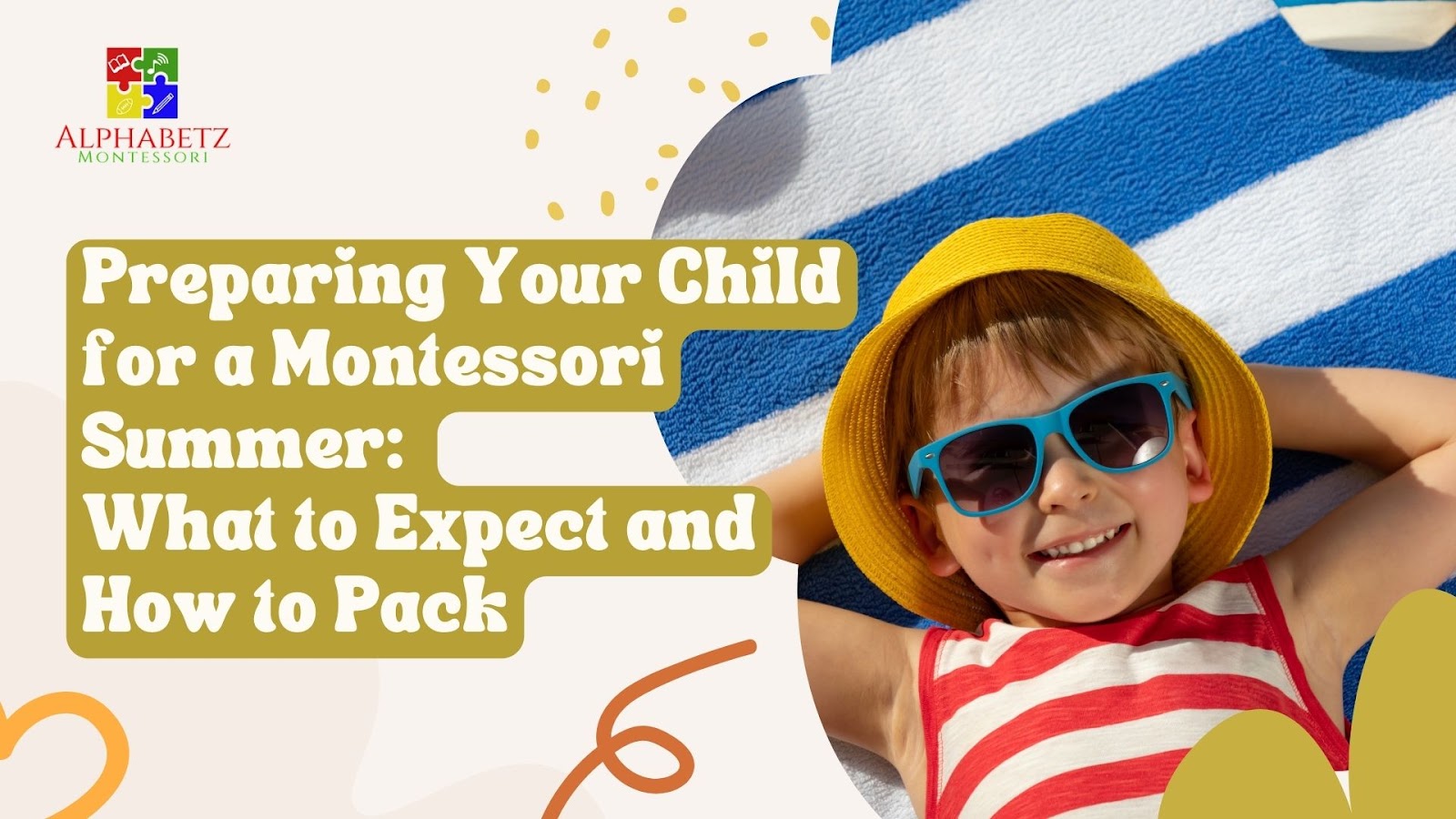Tiny Talks: How Socializing Shapes Infants’ Futures
In the early stages of life, every giggle, babble, and cry is more than just a moment of joy or a call for attention; it’s a fundamental step in the intricate dance of human development. The impact of social interaction on infant development is profound, influencing everything from emotional intelligence to language skills and cognitive growth. Let’s delve into how these tiny talks and interactions are not just adorable, but crucial building blocks for a child’s future.
The Foundation of Emotional Intelligence
From the moment they enter the world, infants are immersed in a social environment that plays a pivotal role in shaping their emotional intelligence. Early social interactions, particularly those filled with warmth, responsiveness, and mutual respect, lay the groundwork for developing empathy and the ability to recognize and respond to emotional cues. This emotional dance between infants and their caregivers, especially parents, fosters secure attachments, setting the stage for healthy emotional development.
Parental responsiveness, characterized by consistent and loving reactions to a child’s needs and signals, is the cornerstone of this process. It teaches infants that their feelings are valid and that they are valued members of their social world. The benefits of such secure attachments extend far beyond infancy, influencing children’s emotional health well into adulthood. It’s through these early exchanges that children learn to navigate their emotions, understand the feelings of others, and build the resilience needed to face life’s challenges.
Social Skills Start Early
The foundation of social skills is laid long before a child steps into a classroom or playground. Interactions with parents, siblings, and even other infants are critical for developing abilities such as sharing, cooperation, and turn-taking. These skills are not only essential for immediate social integration but also correlate with later success in school and community settings.
Research has consistently shown that children who engage in rich social interactions from an early age are better equipped to form healthy relationships, work collaboratively, and exhibit empathy. These early experiences with socialization pave the way for a lifetime of interpersonal competence and emotional fulfillment.
A World of Words
Language development is another area profoundly influenced by social interaction. The exchange of words, sounds, and even non-verbal cues between infants and their caregivers is central to vocabulary acquisition and the development of conversational skills. A rich language environment, where caregivers engage actively and verbally with infants, fosters not just a broader vocabulary but also enhances cognitive development.
Studies have highlighted the importance of verbal engagement, showing that children exposed to a variety of words and conversational patterns from an early age exhibit faster and more robust language skills. This linguistic foundation is crucial for academic success and effective communication throughout life.
Nurturing Through Nature and Nurture
The age-old debate of nature versus nurture finds a harmonious resolution in the context of social interaction and infant development. While genetics undoubtedly play a role in shaping an individual, the environment, particularly the social environment, is equally influential. Nurturing social interactions can significantly enhance brain development, influencing everything from emotional regulation to cognitive abilities.
Parents and caregivers can foster this development through various means, such as organizing playdates, participating in family gatherings, and engaging in interactive games. These activities not only provide a fun and stimulating environment but also offer invaluable opportunities for social learning and emotional growth.
As we’ve explored the myriad ways in which social interactions shape the futures of our youngest members of society, it’s clear that these tiny talks are anything but trivial. They are the building blocks of emotional intelligence, social skills, language development, and so much more. By understanding and nurturing these interactions, we can provide infants with the best possible start in life, setting them on a path toward a fulfilling and successful future.
So, let’s cherish and prioritize these moments of connection, for they hold the power to shape not just individual destinies but the fabric of our society as a whole. Through each smile, word, and gesture of love, we’re not just communicating; we’re cultivating the minds and hearts of the next generation.
To know more about our childcare program please contact us at https://www.alphabetzmontessori.com/contact-us.html
https://alphabetzmontessori.com/
https://www.facebook.com/alphabetzmontessori/
https://www.instagram.com/alphabetz_montessori/
https://in.pinterest.com/AlphabetzMontessori/
Call us: (210) 350-9000, (210) 993-5577
Add: 12026 Culebra Rd, San Antonio,TX 78253



Comments
Post a Comment